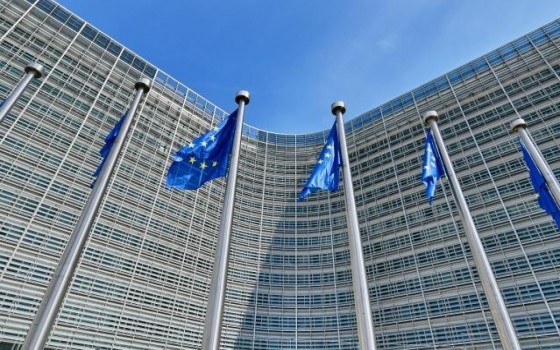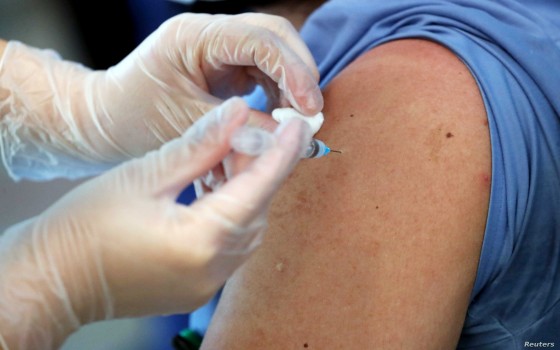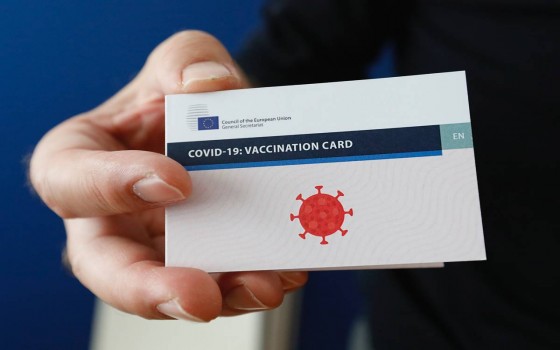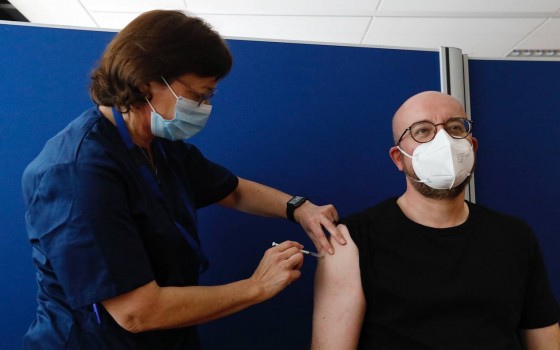
WHO Warns of Worsening Mental Health Crisis Among European Children and Adolescents

- Europe and Arabs
- Monday , 17 November 2025 10:41 AM GMT
Brussels: Europe and the Arabs
New reports indicate that mental health problems are becoming a growing crisis among European children and adolescents. One in seven Europeans under the age of 20 suffers from a mental health disorder, an increase of one-third in the last 15 years, according to an analysis by the World Health Organization (WHO). Girls are disproportionately affected, with one in four girls aged 15 to 19 reporting experiencing a mental health problem. As reported by Euronews in Brussels on Monday, concerns about young people's mental health have intensified in recent years. A report published earlier this year cited social isolation, the COVID-19 pandemic, geopolitical conflicts, and socioeconomic instability as potential drivers of mental health problems. That report found that adolescents in the Danish Faroe Islands, along with Iceland and Denmark, recorded the highest levels of mental well-being, while Ukraine, Cyprus, and Poland ranked among the lowest.
Across Europe, access to professional mental health support remains a challenge, according to a World Health Organization (WHO) report. Nearly a quarter of European countries lack community-based mental health services for young people, while one in five lacks dedicated mental health policies. “This report is a wake-up call,” said Dr. João Breda, WHO’s Director for Patient Safety and Quality of Health Care. “Every child and young person has the right to access quality mental health support and care,” he added in a statement.
This is the first comprehensive report to compile data on the mental health of children and young people across the WHO European Region, which comprises 53 countries in Europe and Central Asia, and it highlights the urgent need for adequate direct care. This comes at a time when young people are increasingly turning to AI-powered chatbots like ChatGPT for emotional support, sometimes with tragic consequences. The WHO urged countries to take steps to improve the mental health of young people, including investing in services and redesigning programs to better meet the needs of children and young people. Breda said: "By acting now, countries can build resilient systems that will help future generations thrive."












No Comments Found